Last weekend, MDiv and MHC students at Seminary of the Southwest experienced one of the hallmarks of the seminary’s immersive curriculum, visiting Laredo, Texas, to get a firsthand perspective on issues surrounding the U.S.-Mexico border. The trip is the central component of the January course Encuentro: Mission in Latino Contexts, which considers the church in mission at the Texas-Mexico border and in Spanish-speaking congregations throughout the state.
The group included the MDiv junior class, for whom Encuentro is a required course, three counseling students, and Southwest faculty and staff members Dr. Jay Alanis, the Rev. Dr. Jennifer Hughes, Dr. Awa Jangha, the Rev. Al Rodriguez, and Dr. Stephanie Ramirez. During the weekend trip, they spent time at Casa de Misericordia, a women’s safe house, engaged in a dialogue with Border Patrol agents, worshipped at St. Augustine Cathedral, and visited the Rio Grande river bank itself in the context of the El Cenizo colonia – the term for low-income, unincorporated slum areas located along the border.
“The Encuentro experience provides a unique opportunity for students across programs to have fellowship and get to know each other in a special context of learning in Laredo, Texas,” Jangha said. “I always enjoy getting to know students better (both from MHC and MDiv programs) and being able to be with them on a small part of their formative cultural experience.”
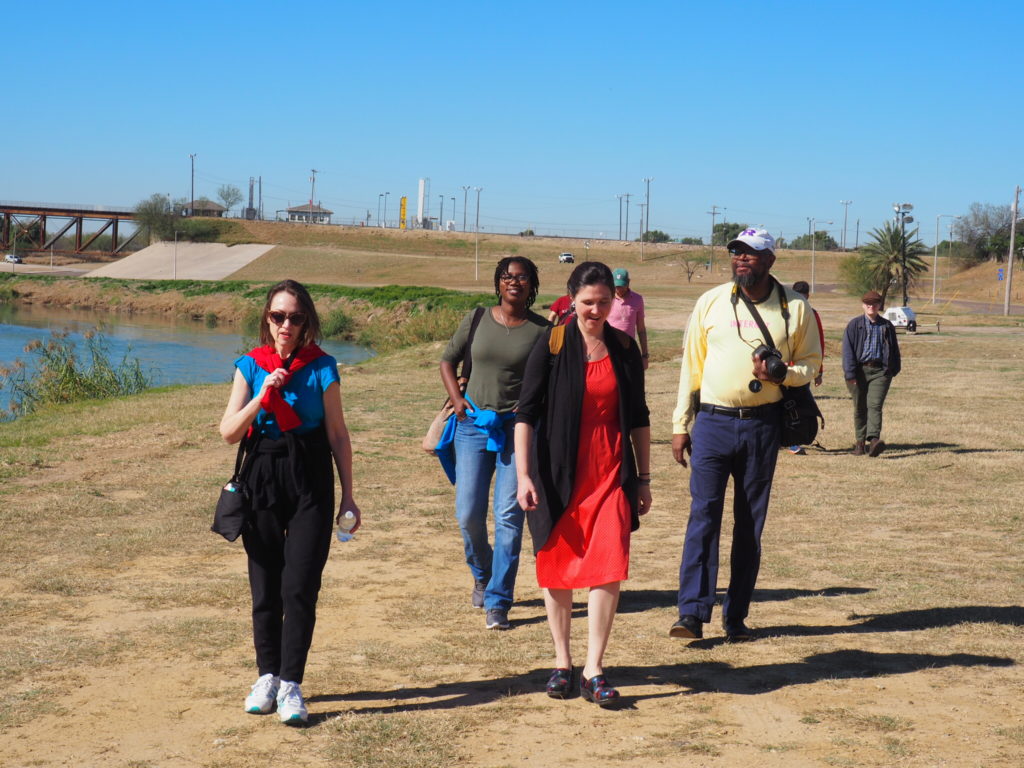 Southwest’s MDiv students often refer to their junior spring term as the “Encuentro semester” because of the impact the January course has on the rest of their studies. For those in the Latino/Hispanic Studies concentration, Encuentro fulfills the requirement of a “cultural plunge” experience, meant to be a challenging immersion within a Latino/Hispanic community.
Southwest’s MDiv students often refer to their junior spring term as the “Encuentro semester” because of the impact the January course has on the rest of their studies. For those in the Latino/Hispanic Studies concentration, Encuentro fulfills the requirement of a “cultural plunge” experience, meant to be a challenging immersion within a Latino/Hispanic community.
Hughes elaborated: “In the Encuentro course, students have a unique opportunity to engage the complexity of the U.S.-Mexico border as a political, geographical, and religious place. Students visit some of the institutions that migrants encounter and negotiate: detention centers, service organizations, and churches. They are challenged to confront the difficulty and richness of life on the borderlands. In the second half of the course they spend time with various parishes engaged in Latino ministry. Encuentro is one the foundational experiences that our seminary students share.”
MDiv junior Santiago Rodriguez described the broader sense of meaning he felt on the trip.
“I was reminded that at the border we tap into the collective consciousness that ages of cultural oppression have concealed.” Rodriguez said. “By inhabiting the borderlands – even temporarily – I enter into communion with those who have been oppressed and who have suffered in silence in this space. … Our journey to Laredo was a call to be in solidarity with the inhabitants of the borderlands – with those who are considered aliens, criminals, rapists, transgressors, and unwanted. It was a beautiful moment to uphold the dignity and humanity of those who have been belittled and demeaned.”
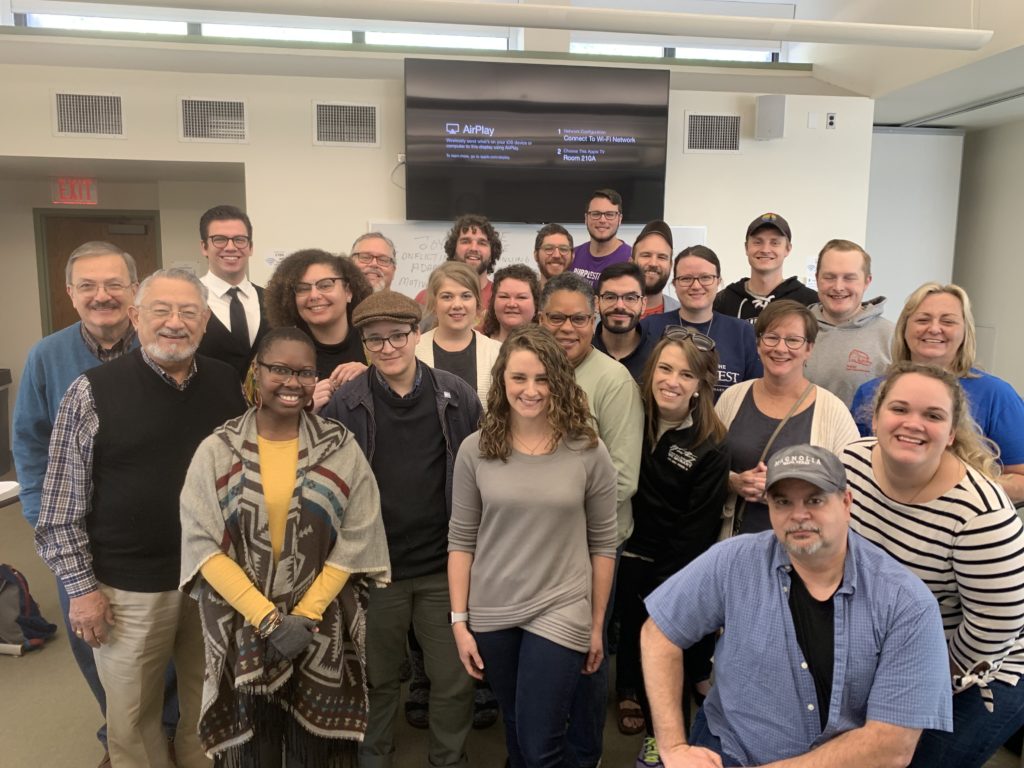

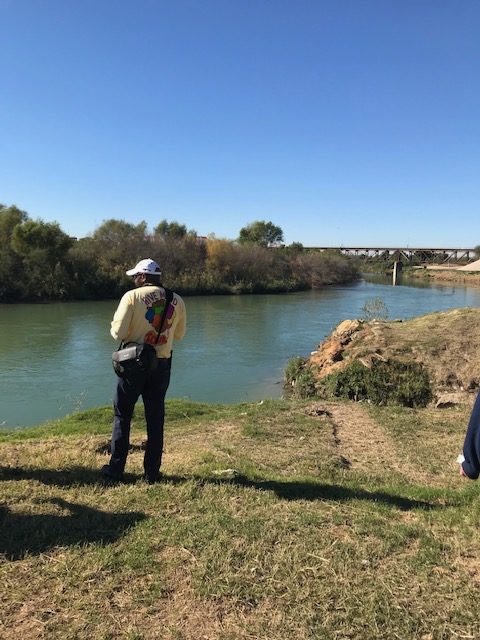
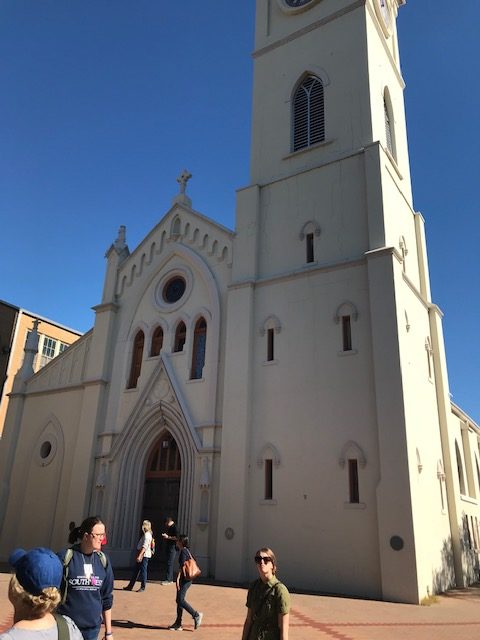
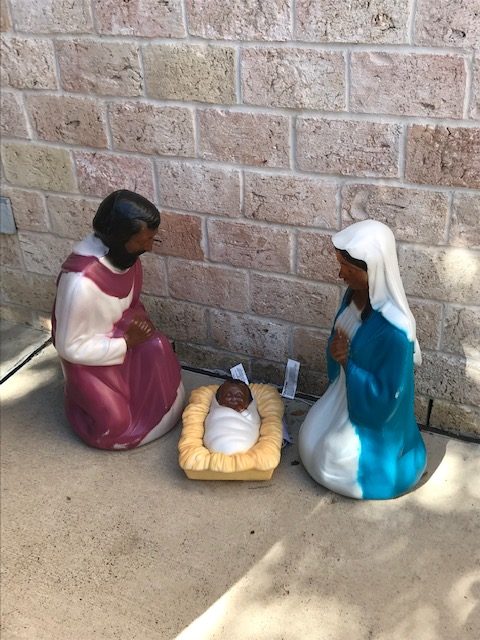
This area for temporary and important messaging. COVID RESOURCES

